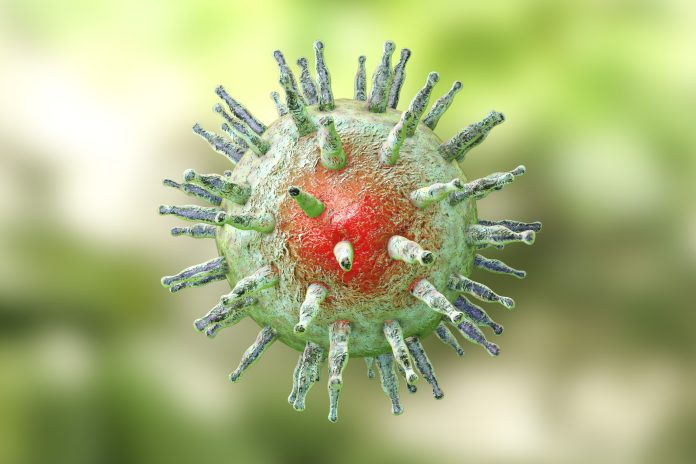Open Access News Cancer Research News New hope in the fight against epstein-barr virus (EBV) June 12, 2024 image: @Dr_Microbe | iStock In a study, researchers from the University of Basel and the University Hospital Basel have uncovered a promising new approach to combat the Epstein-Barr virus (EBV), a common virus that affects 90% of the adult population Their findings, published in the journal Science, reveal how inhibiting a specific metabolic pathway in infected cells can reduce the risk of diseases associated with EBV, including various cancers. The origins of EBV virus Discovered 60 years ago by pathologists Anthony Epstein and Yvonne Barr, EBV was the first virus proven to cause cancer in humans. Despite most people being asymptomatic carriers, the virus can lead to glandular fever (or “kissing disease”) and is linked to cancers and autoimmune diseases such as multiple sclerosis.
Until now, no drug or approved vaccine has been able to target EBV within the body specifically. This new research led by Professor Christoph Hess, however, offers some new hope. The team discovered that EBV reprograms immune cells known as B cells, a process essential for the virus to cause chronic infection and subsequent diseases like cancer.

They found that EBV triggers these cells to increase the production of an enzyme called IDO1, which boosts energy production in the cells’ mitochondria, facilitating the virus’s replication and the rapid proliferation of infected B cells. EBV-r.























